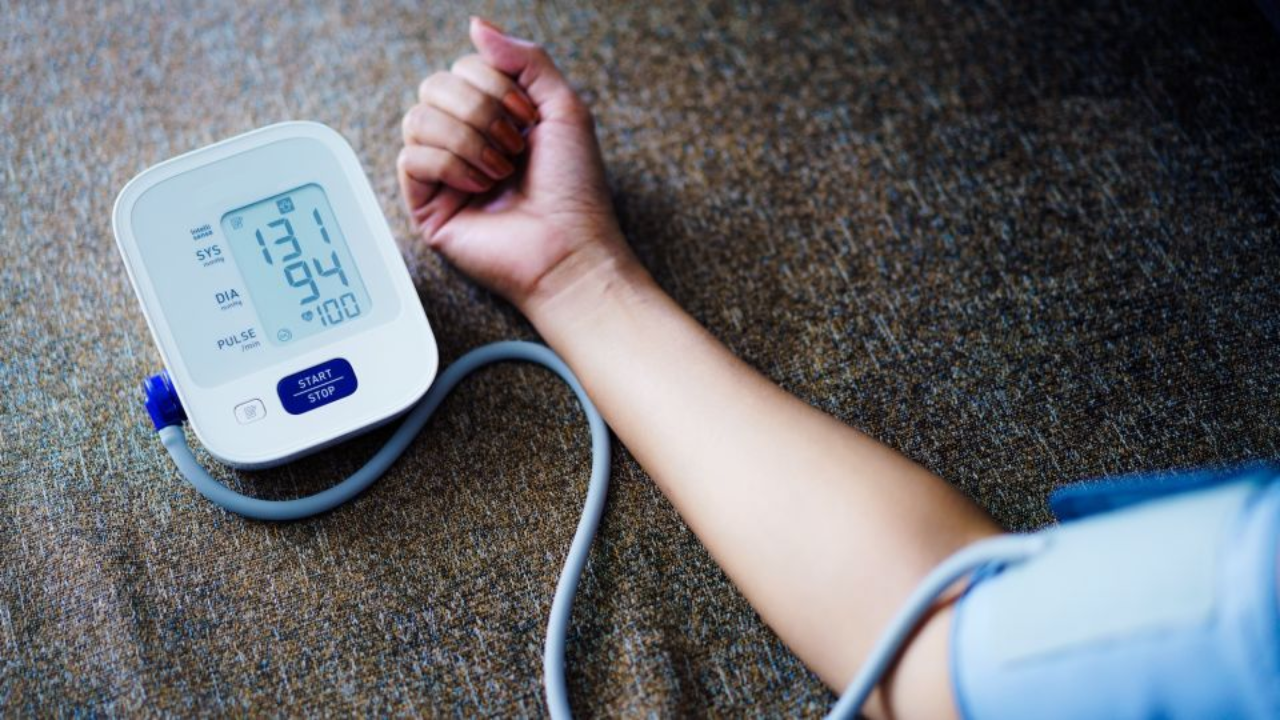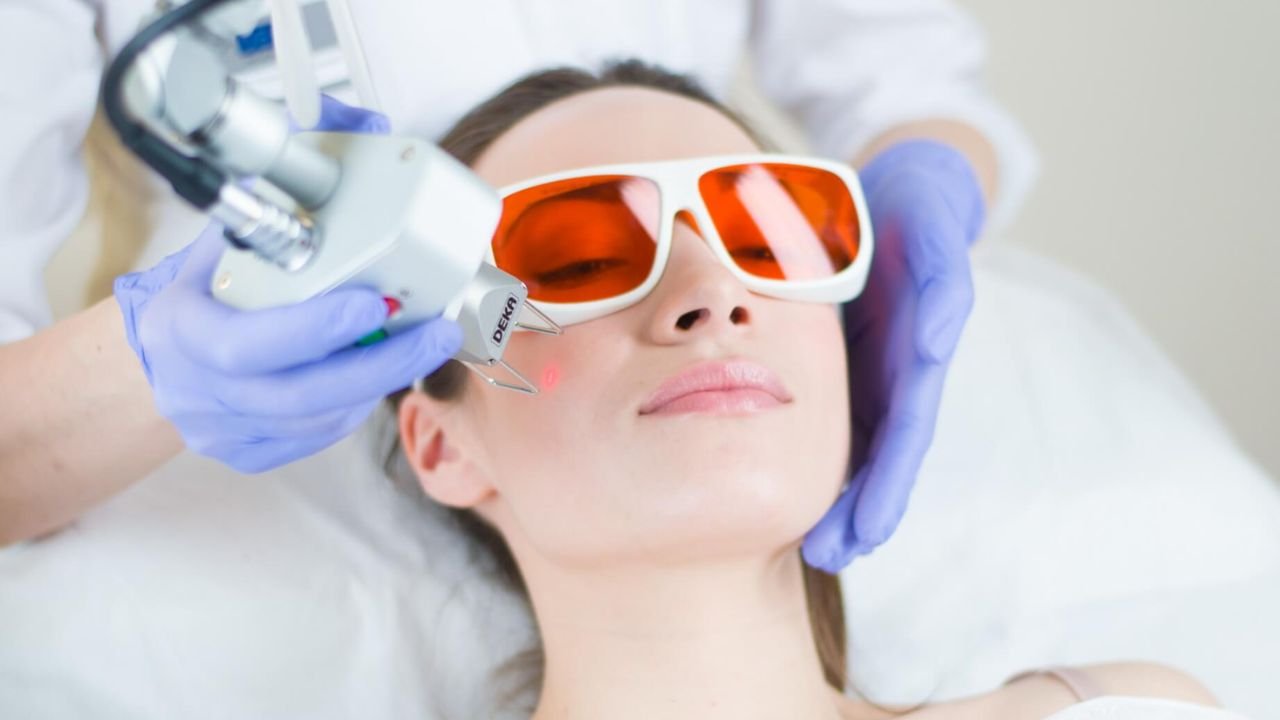Health experts everywhere are speaking up about something serious that often flies under the radar—high blood pressure, also called hypertension.
High Blood Pressure been nicknamed the “silent killer” for a reason: it usually doesn’t show any signs until it’s already caused major damage. Many people go about their daily lives completely unaware, only finding out they have it after something scary happens—like a heart attack, stroke, or kidney trouble. According to the World Health Organization, over 1.28 billion adults worldwide are living with high blood pressure, and sadly, a large number of them don’t even know it, or they aren’t getting the help they need.
What makes hypertension so dangerous is how quietly it works against your body. It puts extra strain on vital organs like the heart, kidneys, brain, and blood vessels. Over time, this pressure can cause the heart to grow thicker and stiffer, making it harder for it to function properly—this raises the chance of heart attacks and heart failure. It’s also one of the main causes of strokes, which can leave people permanently disabled or worse. The kidneys can get damaged too, and blood vessels can become fragile or clogged. And because all this often happens with no obvious symptoms, it’s easy to miss until a serious health crisis strikes.
The scale of the issue is truly eye-opening. Just in Southeast Asia, around 300 million people are living with high blood pressure. India alone makes up over 220 million of those cases. In the UK, more than 14 million adults are affected, leading to nearly 100,000 hospitalizations each year just for heart attacks. What’s really worrying is that more and more young people are being diagnosed—even teenagers and those in their twenties. Experts believe this has a lot to do with today’s fast-paced lifestyle—too much processed food, constant stress, sitting for hours, and way too much screen time.
There are several reasons why high blood pressure is becoming so common. Diets loaded with salt, sugar, and ready-made meals are a big culprit. Sitting for long periods—whether at a desk or scrolling on our phones—also plays a part. Then there’s smoking, drinking too much, carrying extra weight, and dealing with daily stress. Sure, some people might be more at risk because of their genes, but in most cases, it’s our everyday habits that trigger the condition.
Making lifestyle changes is equally important. Eating a balanced diet rich in vegetables, fruits, whole grains, and lean proteins can improve heart and liver health. Reducing intake of salt, sugar, and trans fats is crucial for preventing high blood pressure and cholesterol. Staying physically active—even something as simple as walking for 30 minutes a day—can greatly improve cardiovascular health and metabolism. Exercise also plays a major role in controlling blood sugar and reducing fat accumulation in the liver.
One of the biggest hurdles in dealing with hypertension is the fact that so many people have it but don’t know it. In some places, nearly 9 out of 10 people with high blood pressure aren’t getting proper treatment. That puts them in real danger of problems that could have been avoided. Since there are usually no clear signs early on, it’s so important to get your blood pressure checked regularly—especially if there’s a history of it in your family or if you’re facing other risk factors.
Here’s the silver lining: high blood pressure isn’t a life sentence. It’s something we can prevent and manage with a few thoughtful changes. Eating more fresh foods, cutting down on salt and junk food, moving your body more, maintaining a healthy weight, saying no to smoking, going easy on alcohol, and finding ways to handle stress—they all help. The most important thing is to identify the problem early and improve it little by little. All these small steps add up to help take care of your heart and bodily health.
Doctors, people who work in health and groups such as the World Health Organization are requesting that everyone, despite age, pay attention to high blood pressure. They try to increase knowledge, make it simpler to receive care and treatment and guide people towards healthier living. They are urging both governments and medical facilities to help people get medications and monitor blood pressure more easily. Working together, we actually have the power to save millions of lives.
Rising temperatures in the summer cause many to use electric fans in the evening. Even so, doctors have hinted that sleeping with a fan on all night can be risky for your health. Help from fans might dry your throat and sinuses, giving you a feeling of thirst.
According to one doctor, dryness in the airways increases the thickness of your mucus and helps trap dust and allergens, which can bring on a cough or sinus troubles. People suffering from asthma or allergies should be careful when running a fan overnight because it may stir up and release dust, pollen and pet dander into the air.
Sometimes, the cold air can lead to tightness in the muscles of the neck and shoulders. Avoid these concerns by scheduling your fan to turn off, directing the air away from your body, having a glass of water near you, cleaning your sheets once every week and keeping your air filters clean. Such small measures allow you to stay cool in a healthy way.
In the end, hypertension is a major health threat that often stays hidden until it’s too late. But it doesn’t have to be that way. With awareness, regular checkups, and some simple lifestyle changes, we can protect ourselves and those we love. The small choices we make today could save our lives tomorrow.






